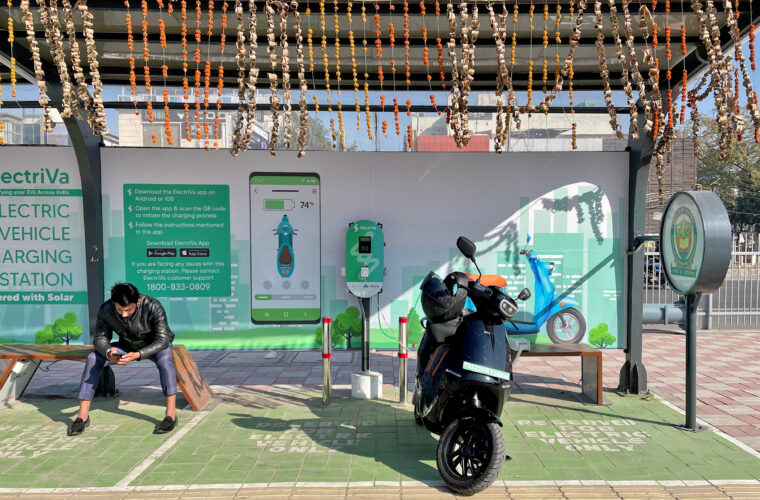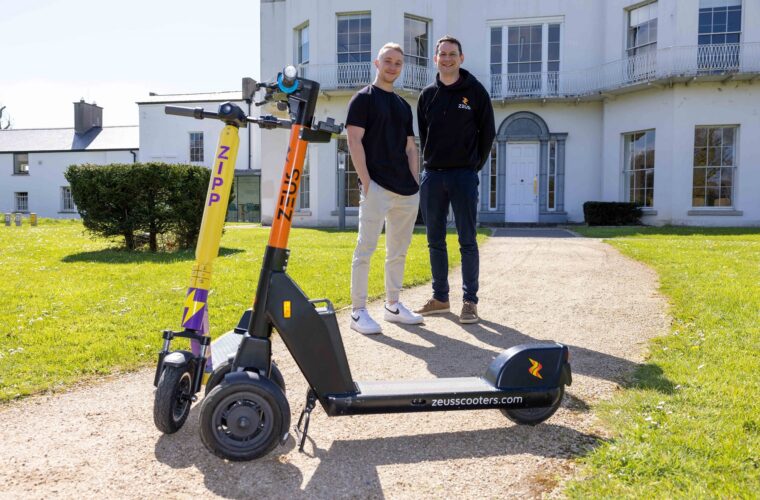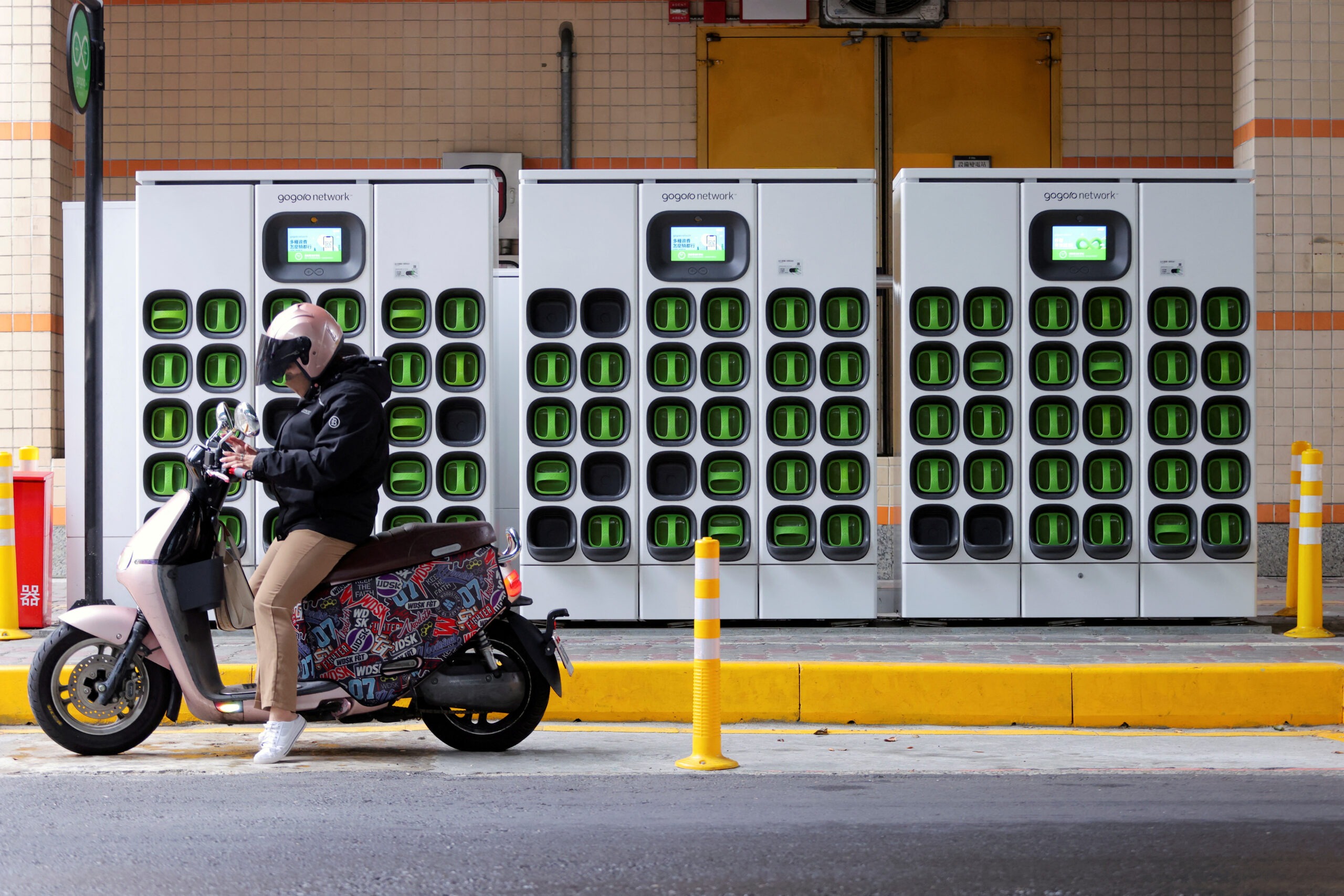Time’s up for electric scooters: Paris halts rental sharing units
Paris says no more to electric scooters for sharing. The stop came in a referendum by Mayor Anne Hidalgo, which recorded almost 90% of votes in favour of blocking the vehicles. The result was predictable because, in the French capital, a large part of the citizens have long taken sides against using scooters, considered dangerous because they cause inconvenience to pedestrians and drivers, as well as degradation and accidents.
Accusations fall on those who have used and continue to use comfortable and non-polluting means of transport in the wrong way. From violations of speed limits to wild parking on pavements, flowerbeds and directly in the street, plus those who drive on the wrong side of the road and those who do not obey traffic lights, many daily violations harm those who do obey the rules.
Rising accidents and gaps to be filled
Looking at the numbers, according to the Paris Police, electric scooter sharing caused 408 accidents during 2022. Overall, there were three fatalities (22 in France) and 459 injuries, with more than 90% of those involved in not wearing head protection helmets. In 2019, there were ten fatalities nationwide, although far fewer were on the roads at the time.
That the first strong signal to stop trottinettes (the French term for e-scooters) came from Paris is striking because it was in the same city that the large-scale European dissemination of means of transport considered ideal for getting around in city centres had started. And little use has been made of the regulations introduced over the years to correct the drifts of the phenomenon which, despite dedicated parking areas and the reduction of the top speed, has serious shortcomings such as the possibility of renting a vehicle for those over 12 years of age (the minimum age was raised to 14 only at the end of March).
Staying with the numbers, however, the Parisians’ thinking needs to be clearer. More than a referendum, it appears to have been a plebiscite because the communication campaigns of the companies that rent electric scooters did not work in the face of the popular will to stop their circulation. In the face of the abundant 89% vote in favour, however, it must be pointed out that just over 100,000 people went to vote out of an audience of 1.38 million citizens entitled to vote. It seems technically hazardous to define the result as a popular expression of the entire citizenry, which seemed disinterested in the issue. So much so that in his commentary note on the decision, Tier said, “If almost 93% of citizens did not go to the polls, then e-scooters are not considered a problem.”
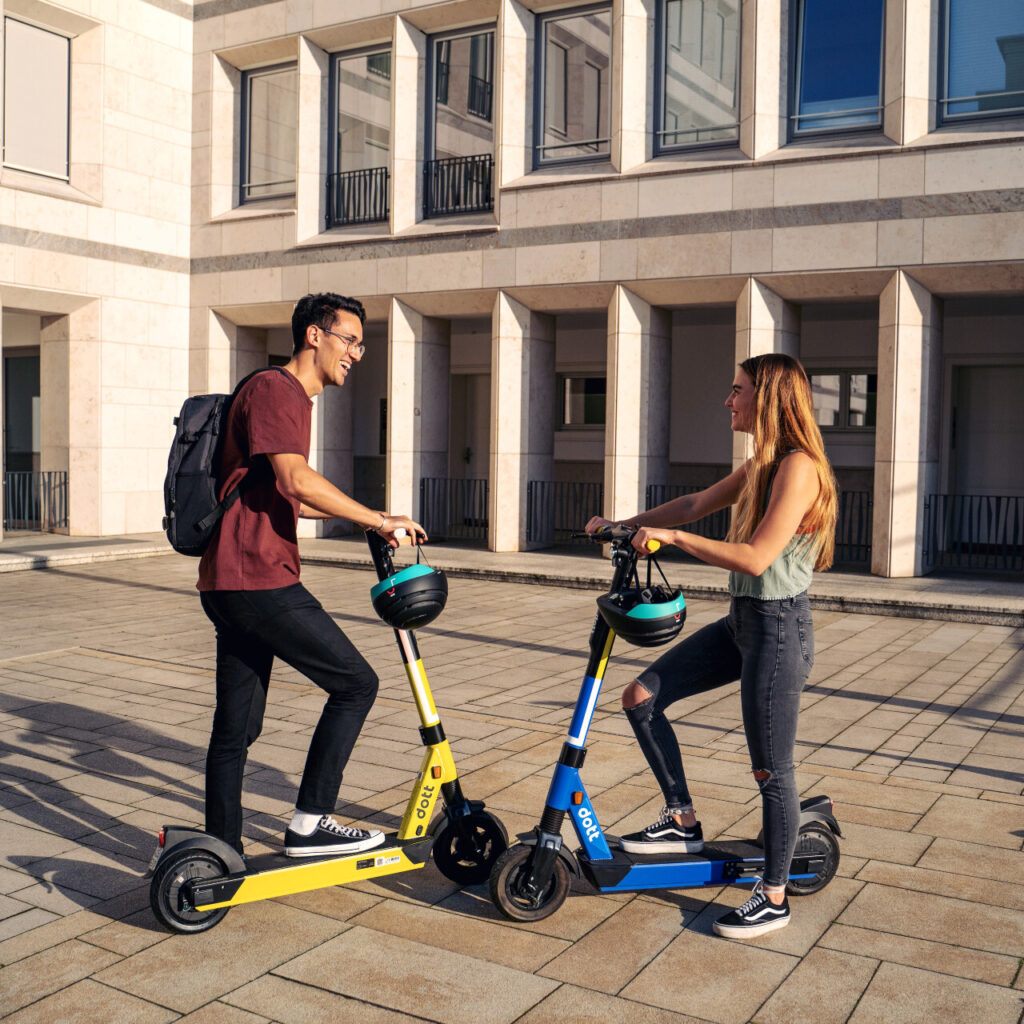
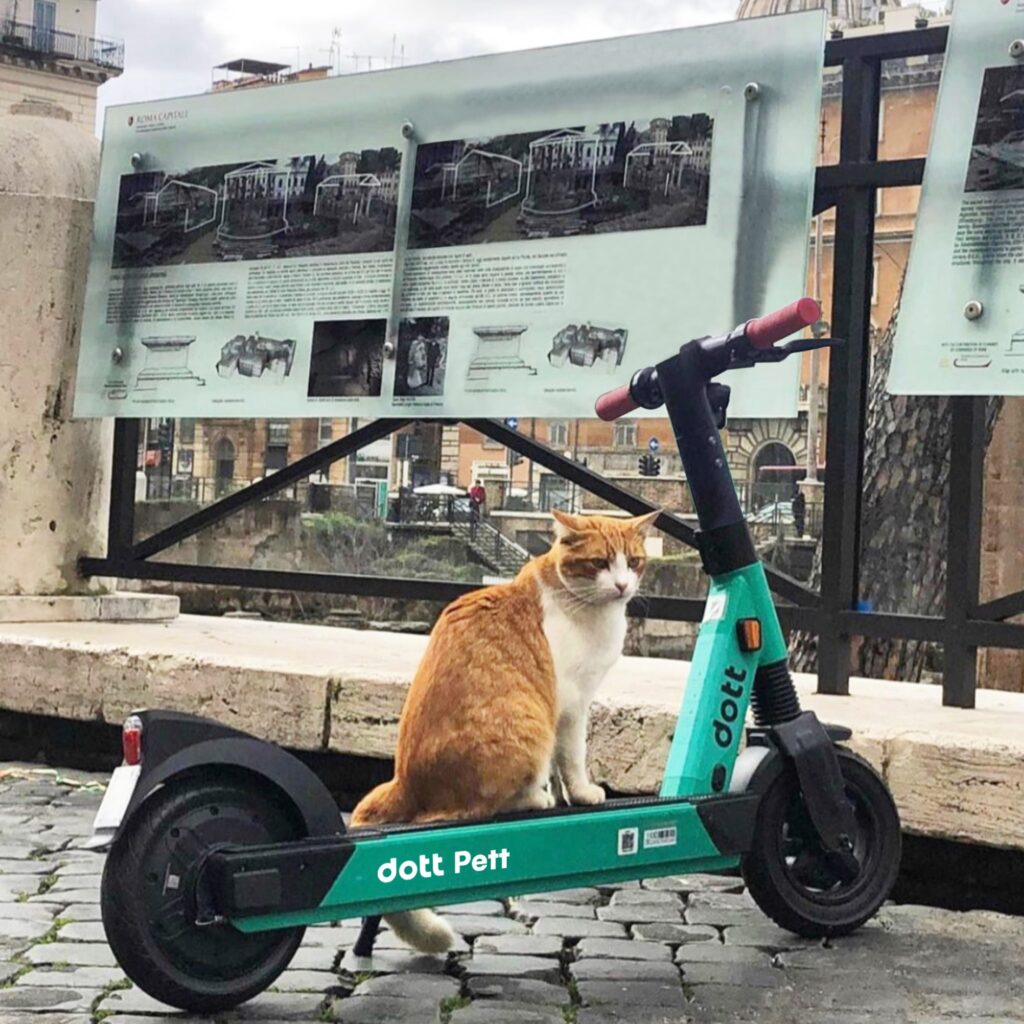
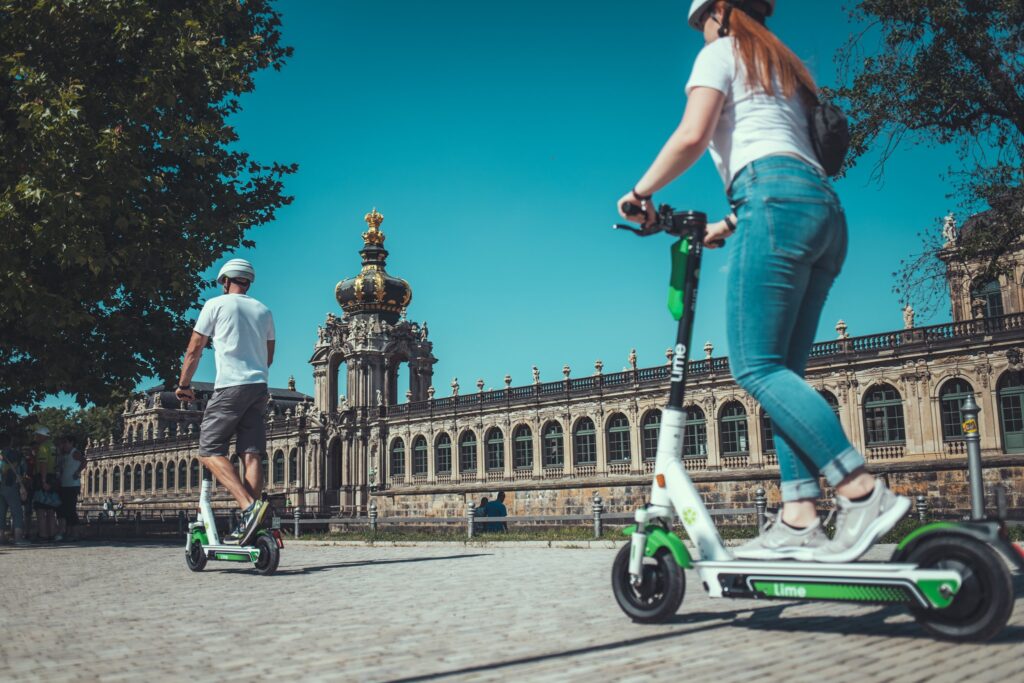
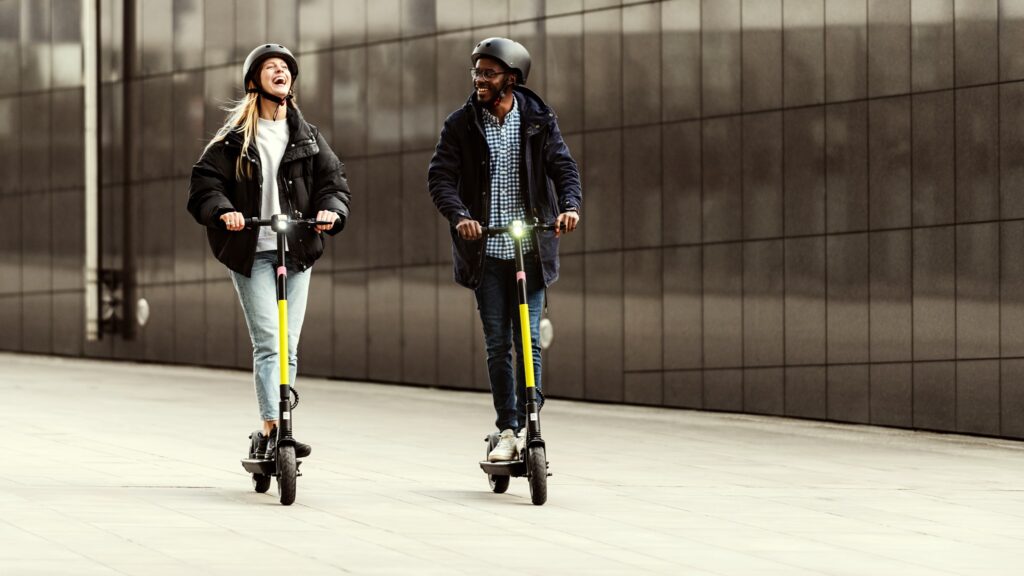
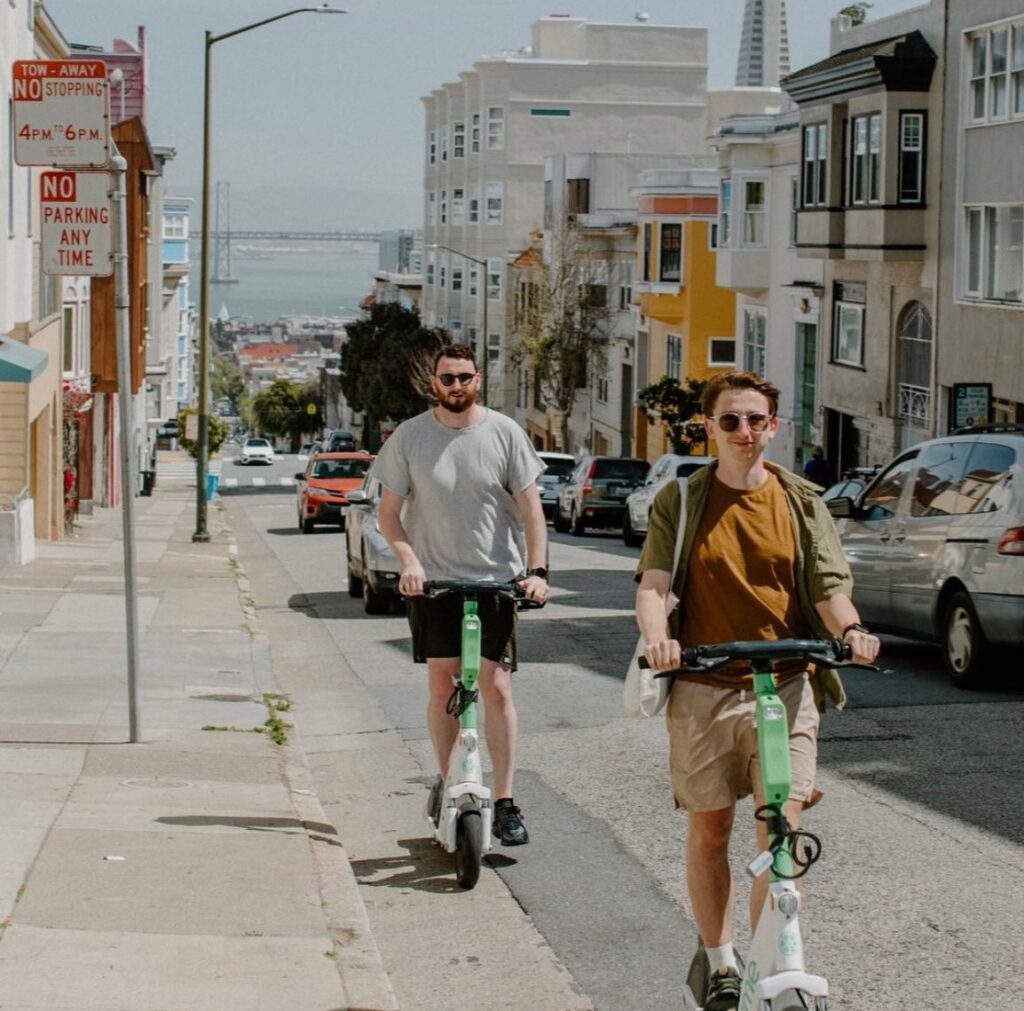


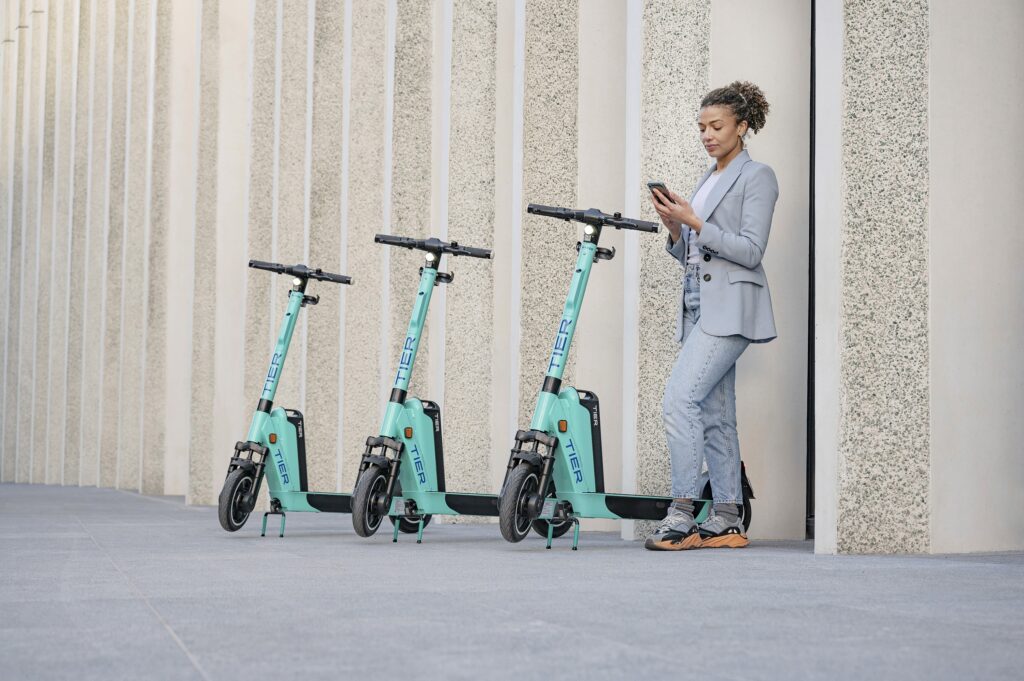
No more sharing electric scooters in Paris from 1 September
Anne Hidalgo welcomed the result of the referendum, announcing that from 1 September, there will be no more electric scooters for hire on the streets of Paris. The contracts in force with the three operators present in the French capital – Lime, Dott and Tier – will expire on 31 August next, the date on which the 15,000 vehicles that the three companies have equally fielded (which will almost certainly lay off part of their respective teams, while waiting to see if what happened in Paris can be emulated in other French cities) will end. The stop, however, only concerns shared vehicles, as owners of electric scooters will be able to continue using their means of transport.
Other capitals, different scenarios
Widening the scope to other European capitals, in Italy, people are considering how to intervene to normalise the use of electric scooters, which are primarily used in the central areas of cities, where they are often left in the street or on pavements. Last year, CNN devoted a focus to the transformation of electric scooters on the streets of Rome, where they went from being a useful means of getting around the Eternal City to being a danger to people and a problem for the city’s decorum.
With over 14,000 scooters and bicycles and an average daily use of only 270, most remain abandoned along the city streets, creating inconvenience for those who move around on foot and becoming a deadly risk for people who are blind. Soon the number of vehicles will be reduced to 9,000, with a third located in the city centre and the others in the more peripheral areas, with the possibility of hire only granted to those aged 18 and over.
An anomalous situation concerns London, where the Department for Transport (DfT) has planned a trial of e-scooters until 2024, limited to 10 districts. In the English capital, it is currently illegal to buy a private scooter, although accidents are caused mainly by people using them illegally. As for sharing vehicles, there are no rules governing their use for the time being, although, from next September, the DfT is expected to release news on the subject.

